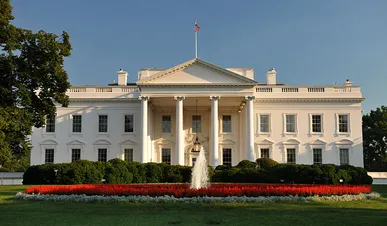
What next for France? A view from evangelicals
France is full of a history which casts long shadows on the present. Barely a stone’s throw from the church I’m involved with in Angoulême is the house where, in 1534, Jean Calvin seems to have decided that it was his job to put down in writing what Reformed Christians should believe. That event, and others involving the church, have had consequences that still echo on in French society today.
The complex political situation here seems to be following the script of some nerve-twisting blockbuster series. The key player has been the extreme right, Rassemblement National, (National Rally), with its aggressive anti-immigrant rhetoric and its nostalgic appeal to a long vanished – and white – France. Lead by the strident Marine Le Pen and fronted by the more palatable Jordan Bardella, the Rassemblement National (RN) made powerful gains in the European elections. Although secure as president until 2027, President Macron’s instant response was to announce elections for Parliament. Macron’s manoeuvre backfired when the fractious left-wing groups buried their feuds to unite and half the Republican Party joined the RN. A first round of elections confirmed the dominance of the extreme right and the second election on 7 July seemed certain to confirm them with a Parliamentary majority. But in a turn which left commentators flabbergasted, electors instead pushed them into third place. The result is a multi-party split with a left-wing emphasis that will make governing France very difficult.

Christian political thought in a tense US election year

Josh Moody
I was recently browsing through (again) Oliver and Joan O’Donovan’s peerless From Irenaeus to Grotius: A Sourcebook in Christian Political Thought.
For those who follow politics – whether in the USA, Britain, or indeed in France – the reason for such a perusal is probably obvious. For those who don’t, or wisely avoid political conversations of any stripe, suffice it to say that we live in interesting political times, especially as Christians wrestle with the old vexed issue of what is the right relationship between the church and the state.
Will the ‘Quiet Revival’ change our civic life?
Jesus said to a government official of His day: “You would have no power over me if it were not given to you from above” (John 19v11)
Power does not flow up from below, from the people, but rather, true power flows down from the Divine Empire, from the throne room of heaven. True earthly authority can only be given by King Jesus, not the ballot box nor the barrel of a gun.